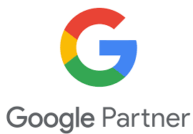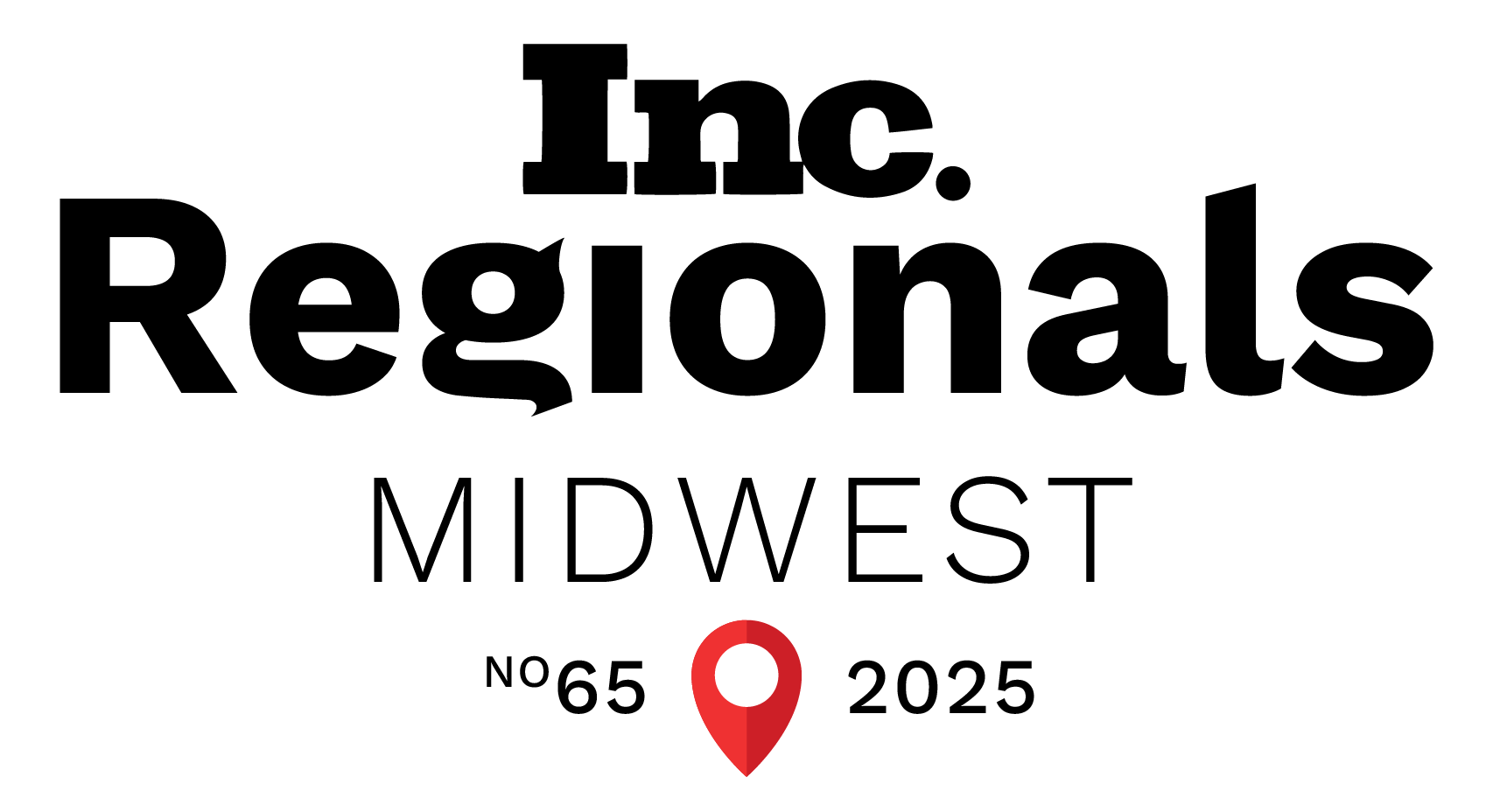Google Algorithm Updates: What You Need to Know About Passage Rankings

In This Article
Big updates have come from Google’s latest algorithm update. The search engine recently implemented Google passage rankings which Google claims will improve 7% of search queries globally after worldwide rollout. Since it was founded, the search engine has made various updates big and small. The most recent Passage Ranking update combines AI and a language system to better understand and present relevant content to a query.
What Is A Google Algorithm?
Before we get into updates, let’s cover Google Algorithms as a whole. Google algorithms are complex ranking systems that sort through the seemingly infinite amount of content on the web. Search algorithms scan through pre-made indexes to find what you’re looking for in a matter of milliseconds.
As search algorithms have progressed, they not only give you relevant results, they also present results in a comprehensive and quality fashion.
How Do Search Algorithms Work?
Google search algorithms have a set of standards they use to present information. You type your query into the search bar, and the search engine algorithm gives you the information it believes you want. Results are based on:
- Your query’s wording
- Relevance of Webpages
- Content quality on webpages
- Website’s usability
- Your location/language/setting
Google’s responses to your queries are called SERPs, which stands for Search Engine Results Pages. For businesses who wish to increase their Search Engine Optimization, google algorithms matter, a lot. Google algorithms determine what sites are relevant, quality material to present to a searcher.
Google Timeline
Google history has produced its fair share of algorithm updates. Google was founded in September 1998 and for the past (nearly) 23 years, Google has advanced as a company and technology empire. Aside from their company growth, Google has spent over two decades reforming search algorithms to make life easier for you and all of their worldwide users. Let’s go over some highlights of the Google timeline:
- November 2003: Florida Update transformed SEO. Google algorithm got a whole lot smarter; black hat SEO tricks like keyword stuffing and hidden links dropped in Google’s rankings
- September 2005: Jagger Update focused on spam backlink updates
- December 2005: Big Daddy Update focused on how Google deals with technical issues
- January 2009: Vince Update made keyword searches more competitive and changed SEO rankings of less qualified sites that made it to the top of Google searches based on SEO efforts
- August 2009: Caffeine Update made Google’s crawl and indexing more efficient
- February 2011: Panda Update reduced low-quality content and preferences high-quality content, ultimately changing ranking factors for defining “quality.” Panda updates lasted until January 2016 when the algorithm was incorporated into the core Google algorithm
- November 2011: Freshness Update produced fresher content for searchers
- February 2012: Venice Update let Google produce SERPs based on IP addresses and more locational relevance
- April 2012: Penguin Update penalized over-optimization efforts that infringed on Google’s Webmaster Guidelines
- September 2012: Exact Match Domain Update (EDM) got rid of spam domains
- June 2013: Payday Loan handled industries that were full of spam from more of the more untrustworthy industries
- August 2013: Hummingbird Update transformed the core search algorithm to adhere to complex queries. Rollout happened during the dawn of voice search
- July 2014: Pigeons Update influenced local searches and geographical parameters
- April 2015: Mobile-Friendly Update rewarded mobile-friendly websites
- May 2015: Quality Update changed how Google assessed quality on websites like content quality and amount of ads
- October 2015: RankBrain filtered results based on Google’s new machine-learning algorithm. RankBrain is still a crucial factor in Google search rankings today
- March 2017: Fred algorithm targeted low-value content
- March 2018: Broad Core Algorithm Update benefitted pages that had good content but where under-rewarded
- March 2019: March 2019 Core Update was a huge core update that focused on overall algorithm update rather than specific tweaks. Google’s main goal with this core update was the improve user satisfaction. This update is often referred to as Florida 2. Broad core updates were then rolled out in June and September of the same year
- October 2019: BERT Update was made to understand search queries with more advanced artificial intelligence (AI)
- January 2020: Featured Snippet Deduplication eliminated featured snippets appearing in a regular organic listing
- May & December 2020: More core updates
- February 2021: Passage Ranking which makes specified queries more accessible
Latest Google Algorithm Updates
Google algorithm updates are actually quite frequent. Google makes little tweaks to revamp its algorithms. Usually, these upgrades are small enough to go unnoticed, but the most recent updates have made SERP results more specific and advanced. Google algorithm’s latest update is passage ranking.
Google started a Twitter thread back in October explaining their anticipated passage ranking updates. Google announced the official launch for US queries in English in early February. They plan on launching passage ranking globally. Google will continue updating the thread as the algorithm update is set in motion in other geographic locations.
What Is Passage Ranking?
When you type a query into Google, a search algorithm reviews all content on a webpage to see if there is relevant information. Then Google gives you the links to pages. Here’s where the issues came in:
Web pages can be long, so even if Google gave you information relevant to your query, the answer to your query could be buried in the content of a whole page. Specific searches can be weakened as you scan a whole article when you just want the content of a specific passage of a website in the context of your search.
Google then presents the most relevant passage from the most relevant pages for your Google search. The new algorithm hones in on particular, single content to help you find exactly what you’re looking for.
Why Passage Ranking?
Google search is all about accessibility. It wants to understand what you’re asking and give you the best results. A large part of the passage ranking update is the result of the BERT language understanding system along with advanced artificial intelligence.
Passage ranking has used AI to better understand both your query and passage relevance. Passage ranking looks at how keywords stand out within passages and the coherency of those passages based on syntax and overall relevance of a whole article. Passage ranking focuses on the details. Google algorithm is now able to literally highlight a portion of text. It will also present the focused section into your search results.
How Will My SERP Change?
Along with the main focus of passage ranking, a huge advancement in the Google algorithm, the update comes with other content features as well. With these features, you’ll find that when you type in your quarry, the type of SERP may change to what google considers a suitable result. This will change the format of how your results appear.
Subtopics
Subtopics gives you lists of potentially relevant information for a broad search. It can show you a wide range of what Google thinks you mean to get you to the place you want to get to.
Business Operations in the Midst of COVID-19
Google is also helping with the accessibility to Coronavirus information and not just news updates. Navigating in the physical world has become… tricky, to say the least. Google updates include live busyness updates and Live Views for businesses so you can know about the volume of people at a certain location. Google is also adding COVID-19 safety information.
Speaking of COVID-19…
It has been over a year since the first shutdowns happened in the United States and what a year it has been! Google’s Full Coverage feature was first implemented in 2018 with Google News. The latest Google update has a Full Coverage page that focuses on long-running topics and includes ever-updating information and contributing information from various reputable sources.
Video Highlights
Google also has a new way to scan videos through AI. The algorithm is able to find moments in a portion of a video for you to watch. The AI makes video clips accessible and more navigable.
Visual Data Sets
Data sets through Data Commons Project allow exploration into specific data with relevant data points. The idea is to allow more in-depth understanding through data.
See What You Search
Lens and AR allow you to see what you search in a more complex visualization, and in 3D in some cases. This can help with shopping experiences especially.
What’s That One Song That Goes Like…
One of our new favorites is hum to search where you can hum into google and AI will give you song lyrics and information. How. Cool.
What This Means for Developers
Actually, not a whole lot. The Google Algorithm updates do not necessarily impact search rankings, just the way Google presents information to its user. In past Google updates, SEO changes needed to be made, but this latest update is for Google itself. Google is basically teaching itself how to separate bits of information individually for a page’s content.
If you have quality content, your rankings may see a small amount of fluctuation, but not much. The update is about how Google understands then presents your content to a searcher.
If you are trying to rank high on SERP, the most important thing to do is create quality content. You don’t have to make changes to your website.
For creating future content, there are some ways of writing that may benefit you in conjunction with this latest algorithm update:
- Passage ranking will pick out a small portion of content. If you have more content, there will be more for Google to choose from.
- BUT, be intentional. Don’t just put content out there with the hope Google will pick it up. You still need to create well-written, credible content.
- Choose your headings wisely. Think of your headings as road markets to direct the Google algorithm. Google is learning how to better read your content, so help it out with relevant headings. That being said, Google will also be able to see if your body content doesn’t match your header. Machine-learning is smart and only getting smarter.
Contact an SEO Expert Today
SEO is all about having a good relationship with Google algorithms. Just like any relationship, it takes work. Building SEO can be intimidating but don’t worry, we’ve got you! Our team specializes in professional search engine optimization to help you navigate these changes effectively. If you have any questions about understanding this new Google algorithm, your current SEO, or digital marketing in general, please reach out! We look forward to talking with you!
Must-read articles
Looking for something else?
There's so much more
Ready to Inquire?














